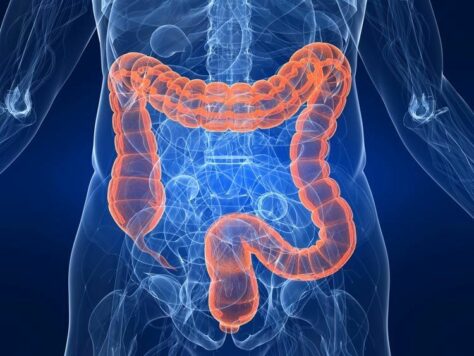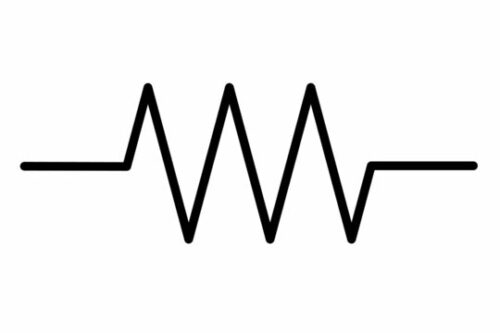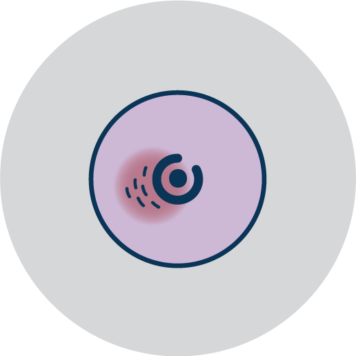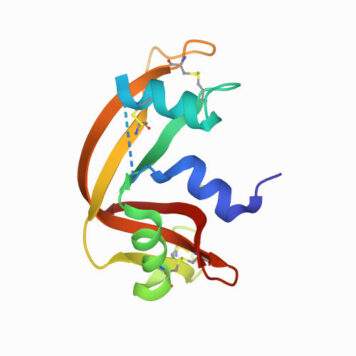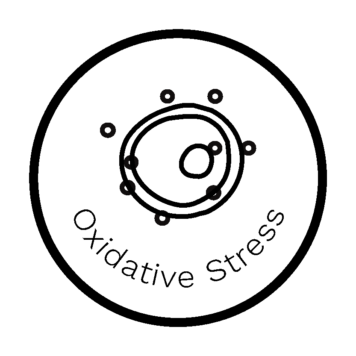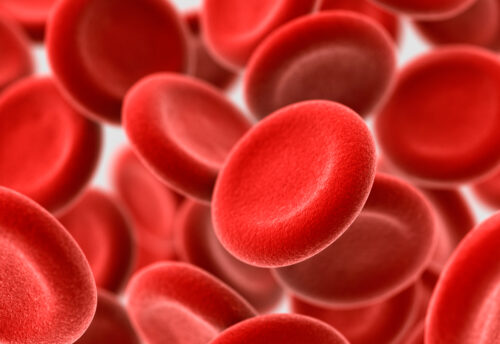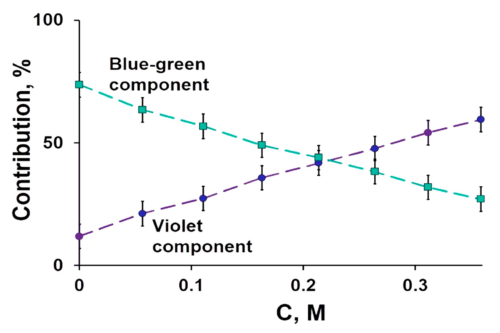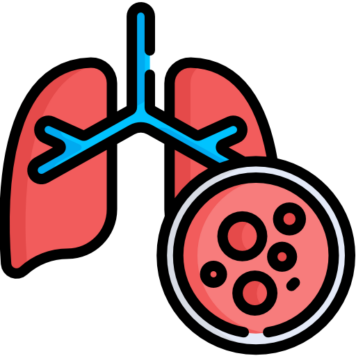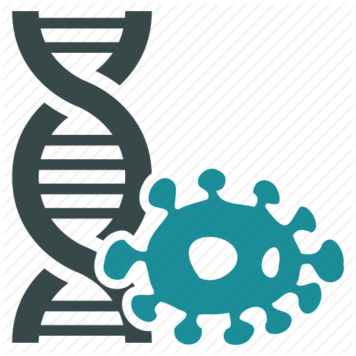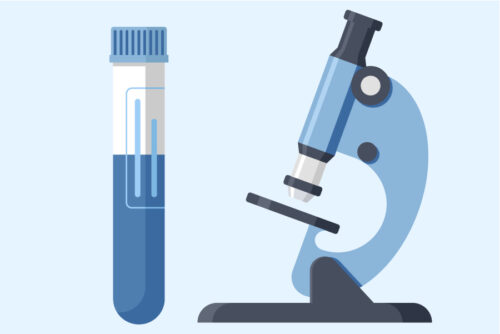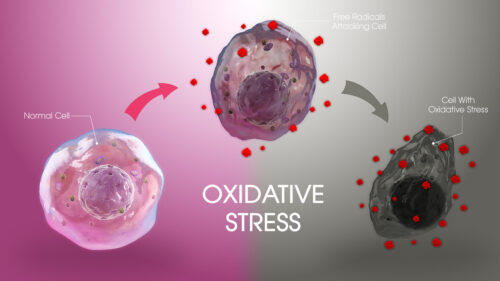The very effective anticancer drug doxorubicin (DOX) is known to have cardiotoxic side effects, which could be accompanied by autonomic modulation. Autonomic disbalance might even be an initiating mechanism underlying DOX-induced cardiotoxicity and can be studied noninvasively by the analysis of heart rate variability (HRV). A number of strategies have been assessed to predict chemotherapy-induced cardiac dysfunction while HRV, a potential detecting tool, has not yet been tested. Thus, we aimed to determine the effect of DOX treatment on HRV in a rat model of colorectal cancer. While pretreatment with fullerenol (Frl) acts protectively on DOX-induced cardiotoxicity, we aimed to test the effect of Frl pretreatment on DOX-induced HRV alterations. After the induction of colorectal cancer, adult male Wistar rats were treated with saline (n = 7), DOX (1.5 mg/kg per week, n = 7) or DOX after pretreatment with Frl (25 mg/kg per week, n = 7) for three weeks (cumulative DOX dose 4.5 mg/kg). One week after treatment rats were anaesthetized, standard ECG was measured and HRV was analyzed in time and frequency domain. During autopsy the intestines and hearts were gathered for biochemical analysis and histopathological examination. DOX treatment significantly decreased parasympathetically mediated high-frequency component (p<0.05) and increased the low-frequency component of HRV (p<0.05), resulting in an increased LF/HF ratio (p<0.05) in cancerous rats. When pretreated with Frl, DOX-induced HRV alterations were prevented: the high-frequency component of HRV increased (p<0.01), the low-frequency decreased (p<0.01), LF/HF ratio decreased consequently (p<0.01) compared to DOX only treatment. In all DOX-treated animals, disbalance of oxidative status in heart tissue and early myocardial lesions were found and were significantly reduced in rats receiving Frl pretreatment. Autonomic modulation accompanied the development of DOX-induced cardiotoxicity in rat model of colorectal cancer and was prevented by Frl pretreatment. Our results demonstrated the positive prognostic power of HRV for the early detection of DOX-induced cardiotoxicity.
Related researches 41 articles




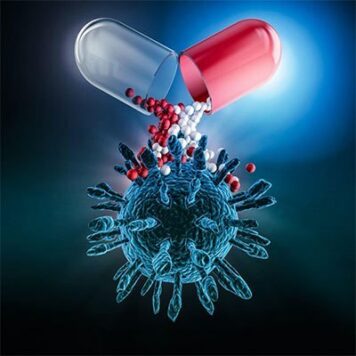
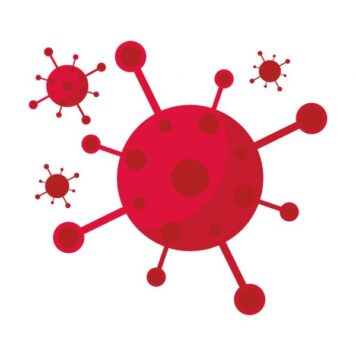


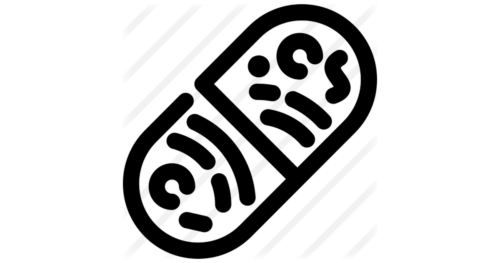
![Biocompatible [60]/[70] Fullerenols: Potent Defense against Oxidative Injury Induced by Reduplicative Chemotherapy](https://biofullerene.com/wp-content/uploads/2022/11/istockphoto-65584859-356x356.jpg)

